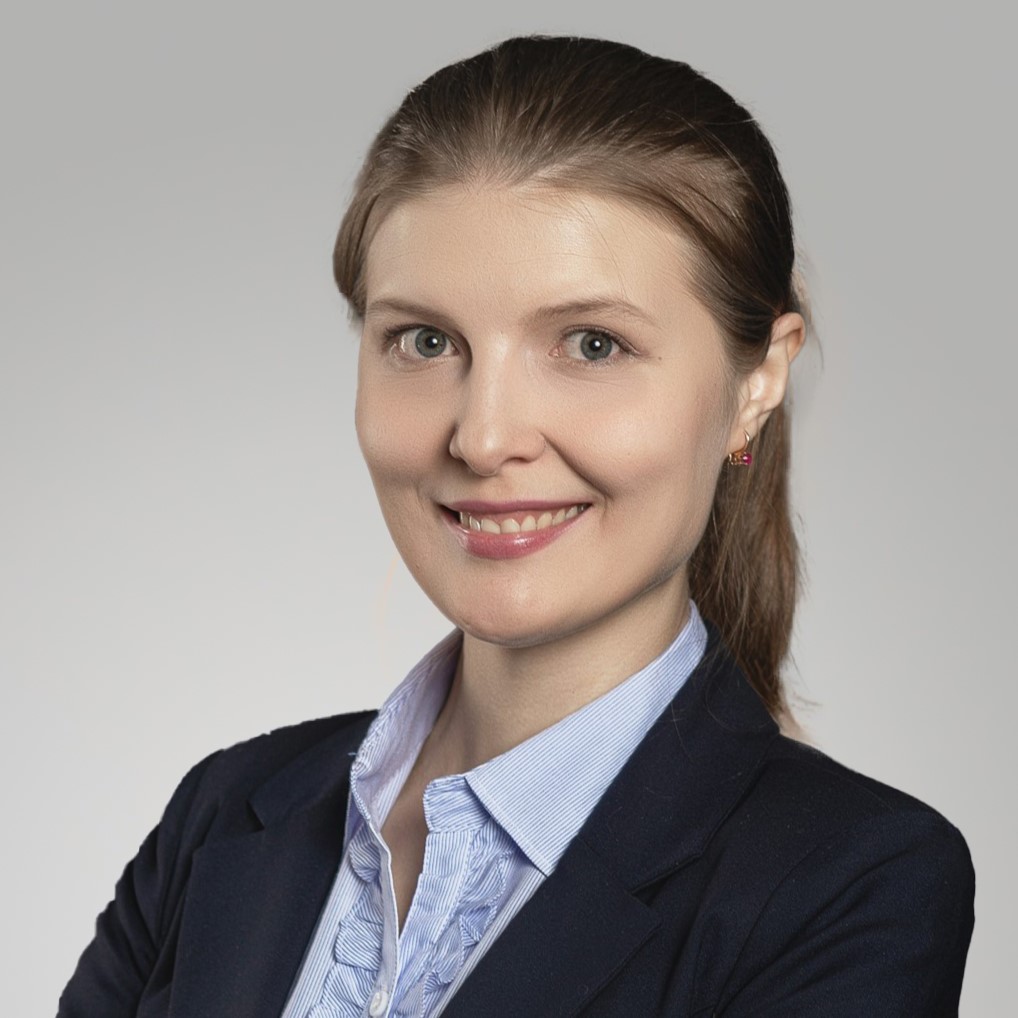The German association of industrial energy consumers (VIK e.V.) welcomes the opportunity to provide feedback on the Commission draft Delegated Regulation amending Delegated Regulation (EU) 2019/331 as regards transitional Union-wide rules for harmonised free allocation of emission allowances.
In this position paper, VIK highlights several critical issues that are of great importance for energy-intensive industries in Germany:
- In our view, it is not possible to reclaim free allocated allowances for years in which the energy efficiency or alternative measures were not implemented in time for the relevant allocation year. This is not acceptable as there are several possible reasons why measures may not have been implemented in time. Most of these reasons are outside the control of EU ETS installations. It must be possible for EU ETS installations to recover free allocations for earlier years in which the measures were not implemented but were implemented later and up to 2030.
- The obligation and penalty concerning CNPs for the least 20% efficient installations should be interpreted and applied at sub-installation level. This would lead to a more consistent and proportionate treatment, where the obligation is applied only for the relevant product benchmark sub-installations belonging to the worst 20% percentile.
- The Commission proposes to change the definition of ‘fuel benchmark sub-installation’ to limit it to heat production only where it is “for the primary purpose of the generation of heat”. This change will discriminate against efficient technologies where a low-carbon path to heat production has been established through process integration (e.g. exclude from free allocation all processes in which the energy included in the raw materials is not wasted but utilized to substitute CO₂-emitting fuels). We therefore believe that the definition should remain unchanged. The possible change will result in a significant net cost burden that would impact the competitiveness of energy-intensive production processes, including the copper sector, and its ability to invest in decarbonisation solutions.
- CCUS technologies are not mentioned in the updated version of the FAR-Regulation. Carbon dioxide is used as an important raw material in industrial processes. To ensure planning certainty for European industry, the use of CCUS technologies should be taken into account for free allocations in the current version of the FAR Regulation.
- It is currently not clear whether potential ammonia cracker for the future hydrogen production fall under the ETS. If so, companies with an ammonia plant and an ammonia cracker would benefit from a double allocation based on the ammonia and hydrogen benchmark, even though producing hydrogen directly from methane is less energy intensive and receives the allocations once. In our opinion, this critical case should be explained in detail within the new FAR-Regulation.
- It is not clear, how should a company behave in case if it operates a hydrogen electrolysis and an ammonia plant (both ETS plants) when the hydrogen is sold and at the same time directly used for green ammonia production. Relating to the FAR-Annex, the ammonia benchmark should be used for hydrogen used for ammonia production. There is a need of clarification in this case.
- Finally, we consider the deadline of 30 May 2024 to be too short, especially as companies affected by CBAM will also have to apply for allocations for the second half of the fourth trading period in the same period.
